
Arctic Nation Summit in Greenland
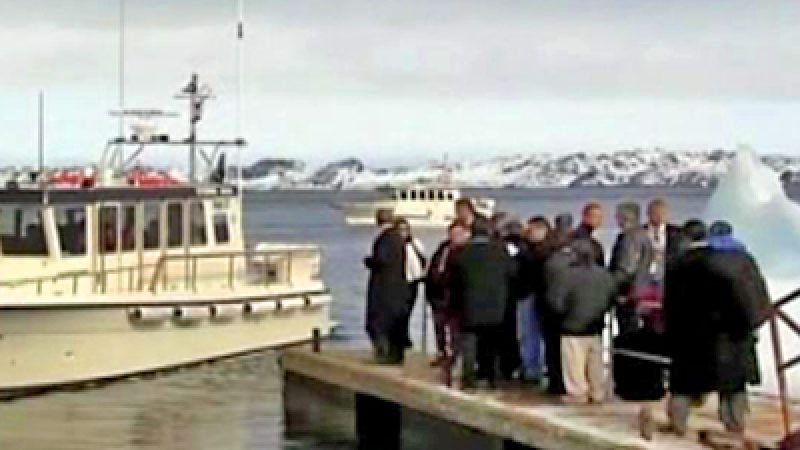
Arctic nations held a summit in Nuuk, the capital of Greenland, on Thursday. Their discussions centered around responsible exploration of the Arctic as fast-melting ice and snow open access to rich mineral and petroleum resources.
The Arctic Council, made up of eight countries that surround the Arctic and representatives of indigenous Arctic peoples, signed a deal to split up search-and-rescue responsibilities.
The deal in Greenland is the council’s first binding agreement. Officials say it could be a model for future pacts on more contentious issues, including energy exploration and development.
The region is estimated to hold as much as 25 per cent of the world’s undiscovered oil and gas reserves.
According to Sweden’s Foreign Minister, the ministers face a number of challenges.
[Carl Bildt, Foreign Minister of Sweden]:
„We see the effects of climate change of course, we see the increased attention given to the natural resources of the region and we need to also be aware of the necessity for nine million people up in this region to be able to live and prosper and have a better future. So there are quite a number of challenges.“
The Norwegian Foreign Minister says it is important for all the Arctic states to abide by existing laws as global warming sets off a race for oil, mineral, fishing and shipping opportunities.
[Jonas Gahr Stoere, Norwegian Foreign Minister]:
„Well I think in two categories – governance where these Arctic states agree on the basic fundamentals for how they will take their national responsibilities seriously basing themselves on the convention of the law of the sea, international laws, stability and peaceful cooperation. And then we have a number of issues which stems from increased activity. We have to deal with increased shipping traffic, search and rescue responsibilities and thirdly, dealing with climate change.“
The council also called for work to begin on an international deal to strengthen offshore oil spill prevention and response.
The ministers got a personal view of climate change during the summit.
Puttering in a small touring boat, the foreign ministers stopped to view a threatened glacier – a sign of retreating ice.
Climate change is being felt most sharply in Arctic regions. There retreating ice opens up new sea routes and rising temperatures threaten polar bears and other native species as well as traditional livelihoods based on hunting.
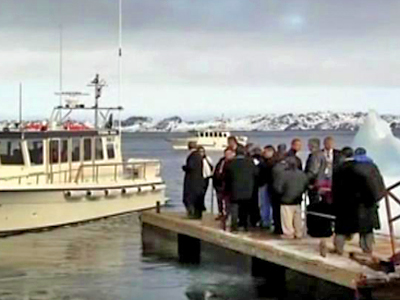 Foto: NTD
Foto: NTD





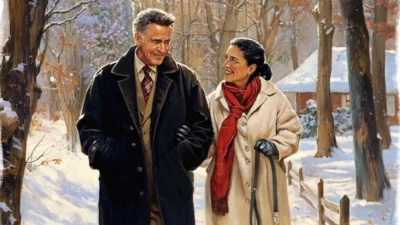


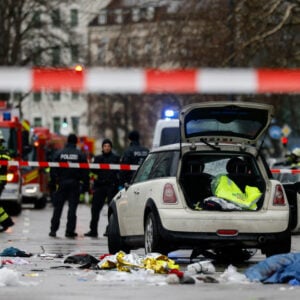







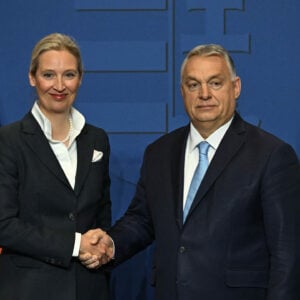
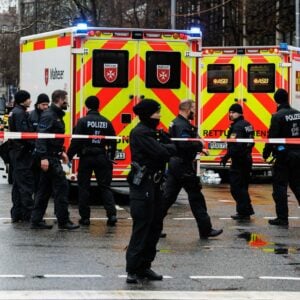
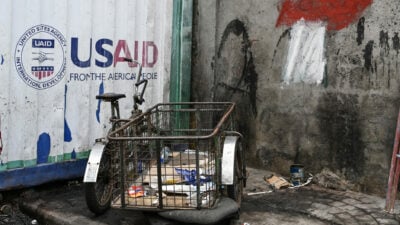
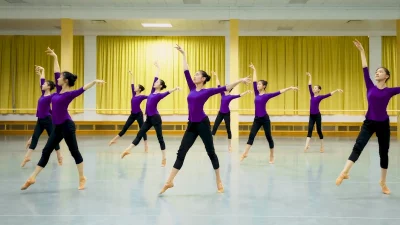


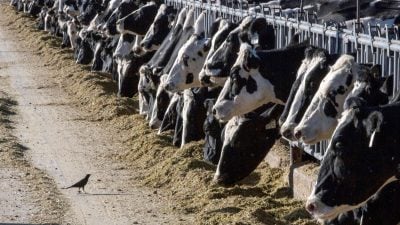

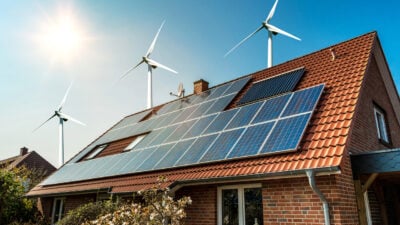


vielen Dank, dass Sie unseren Kommentar-Bereich nutzen.
Bitte verzichten Sie auf Unterstellungen, Schimpfworte, aggressive Formulierungen und Werbe-Links. Solche Kommentare werden wir nicht veröffentlichen. Dies umfasst ebenso abschweifende Kommentare, die keinen konkreten Bezug zum jeweiligen Artikel haben. Viele Kommentare waren bisher schon anregend und auf die Themen bezogen. Wir bitten Sie um eine Qualität, die den Artikeln entspricht, so haben wir alle etwas davon.
Da wir die Verantwortung für jeden veröffentlichten Kommentar tragen, geben wir Kommentare erst nach einer Prüfung frei. Je nach Aufkommen kann es deswegen zu zeitlichen Verzögerungen kommen.
Ihre Epoch Times - Redaktion